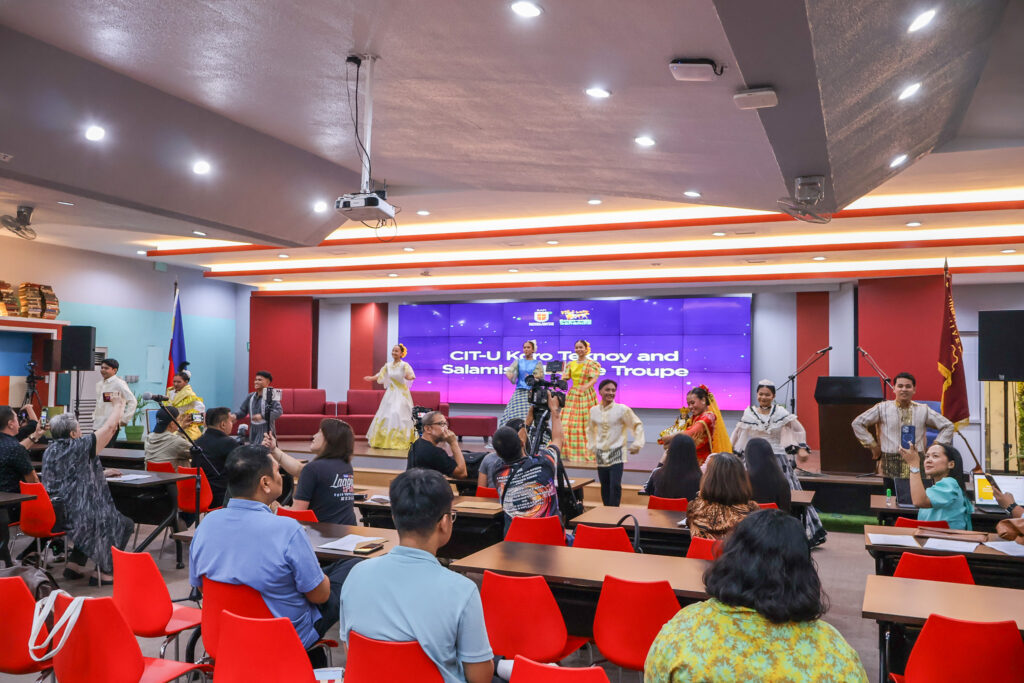
The Urban Transport System Capacity Development Seminar last March 15, 2018 at the Ramon Aboitiz Foundation, Inc. – Eduardo Aboitiz Development Studies Center (RAFI-EADSC)
Urban transport stakeholders from local government units in Metro Cebu participated in a four-day seminar to enhance individual competency and strengthen institutional functional capacity. It was conducted by the Japan International Cooperation Agency (JICA) at the Ramon Aboitiz Foundation Inc. – Eduardo Aboitiz Development Studies Center last March 15, 2018.
The urban transport system seminar covered topics on urban development and transport planning, introduction to transport planning, traffic engineering and management, introduction to public transportation, mobility management, institutional framework and traffic signal and control. A guest from Kobe City, Japan presented the urban development master plan in Kobe City, urban management for the implementation of master plan, and the development management and control for establishing infrastructure system in Kobe City.
Aside from the seminar, the JICA Project Team is planning to carry out a GIS training and a study visit to Japan in late May 2018.
JICA has been conducting “Master Plan Study and Institutional Development of Urban Transport System in Metro Cebu” since July 2017 in response to the request of the Philippine Government. This project stems from the “Roadmap Study for Sustainable Urban Development in Metro Cebu” carried out from 2013 to 2015 by JICA and aims:
1. To formulate the Metro Cebu Urban Transport Master Plan for the year of 2022 (short term), 2028 and 2040 (medium term), and 2050 (long term);
2. To identify priority projects and to conduct a pilot project and a Pre-F/S for some priority projects to be included in the Master Plan; and
3. To strengthen the capacity of Metro Cebu agencies responsible for urban transportation in such areas as planning, implementation, and coordination.
The Governance and Linkages Unit of the Ramon Aboitiz Foundation, Inc. (RAFI-G&L) seeks to foster responsive institutions and an engaged citizenry through awards and recognition, good governance and leadership development programs, and active linkages and platforms of engagement and collaboration.


